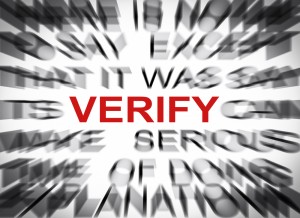
A private or public company can raise capital in a number of ways. Traditional sources of financing for companies include loans from branks or other financial institutions, receivable financing and from friends and family. Private companies can also finance in going public transactions by selling securities in a Rule 506 Offering prior to filing a Form S-1 Registration Statement with the SEC. Going public is a milestone for any company and there are both advantages and disadvantages of public company status. Companies going public do so because of the general perception that public company status will make it easier to raise capital.








